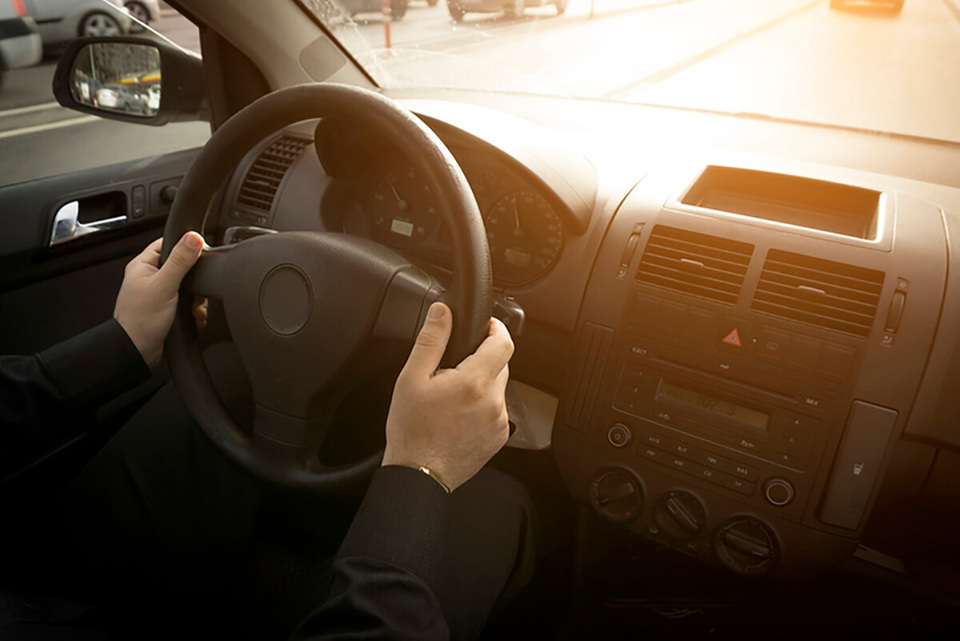Almost one-third (30%) of young drivers aged 18-25 admit to breaking the law during their first few years on the road, according to a poll by Vision Critical and road safety charity the Institute of Advanced Motorists (IAM).
Despite spending many weeks learning to pass the test, a majority (68%) of younger drivers feel that they need to improve, while 25% admit to crashing.
These are backed up by official figures which show that:
• A fifth of people killed or seriously injured in a reported road accident in Great Britain during 2012 were involved in a collision where at least one of the cars was driven by a young driver.
• Around 22% of all accidents involved at least one young driver. The 32,400 accidents involving at least one young car driver resulted in 350 deaths and more than 4,100 seriously injured casualties.
• Nearly a quarter of all car drivers (133 out of 542 drivers) who died in 2012 were young drivers themselves.
IAM chief executive Simon Best said: “This survey shows that younger drivers simply don’t feel adequately prepared for independent driving.
“The current learning system is failing the next generation of motorists and there needs to be serious review.
“Early experience of a wide range of traffic conditions is vital but so is dealing with negative attitudes. This can be done most effectively through peer group discussions rather than just relying on stricter controls and curfews.”
The IAM’s objectives for younger drivers and an improved test include:
• Road safety education as part of the school curriculum
• Theory and hazard perception tests be delivered online and in education establishments
• Insurance companies not penalising L drivers gaining experience in the family car
• A 12 month minimum learning period with a logbook to build experience safely
• A practical driving test that includes high speed roads
• Post-test assessment and training for all in the high risk early months of solo driving


















Sage & Onion - 17/04/2014 13:07
"• Insurance companies not penalising L drivers gaining experience in the family car" The statement above is the most damaging aspect of being able to get valuable experience, and insurance companies are directly responsible for making it too expensive for learner drivers to be added to their parents car insurance, or to be a named driver after passing their test. The driving test today is much harder than when I, and everyone else of my generation, passed the driving test but we consider ourselves to be safer drivers. Why? Is it because back in our day we were able to learn to drive under supervision of our parents in an affordable way? And then after passing the test we were also able to participate is post-test assessments under our parents supervision, and get to learn valuable skills such as high speed roads, severe weather, night time etc etc.